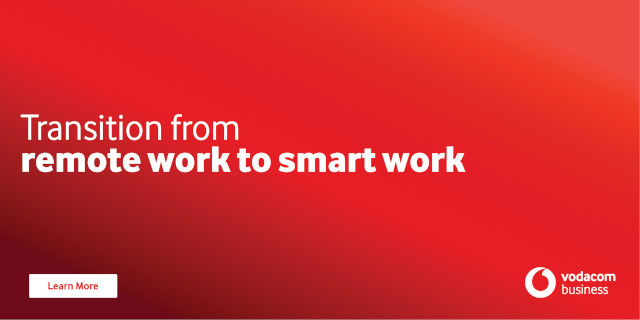Over 110 million threats were detected on computers in the Middle East, Turkey, Africa region in 2023
By Staff Writer 26 February 2024 | Categories: news.jpeg)
News sponsored by Vodacom Transformation of Work:
As discussed during the recent Kaspersky Cyber Security Weekend – META 2024, cyberthreats for endpoints – any computers, be it laptops or desktops – remained persistent in 2023. There was a total of 72.7 million threats blocked by Kaspersky endpoint solutions in the Middle East throughout 2023; for Africa, the figure stands at 36.7 million, and for Turkey – at 9.4 million.
The share of users who could have potentially been affected by these attacks¹ sits at 41% for the Middle East, 44% for the African region, and 38% for Turkey. While effective endpoint protection solutions are important, it is possible to minimise the risk of cyberthreats to endpoints by substituting laptops and desktops (thick clients) with thin clients running a Cyber Immune operating system.
Thin clients are used in corporate networks around the world to set up workspaces at a low cost. However, a thin client on a traditional OS (Linux, Windows-based) could still potentially be compromised by different types of endpoint attacks. In response to the advancing cyberthreats, Kaspersky promotes the Cyber Immune approach.
Together with Centerm, a global producer of thin clients, Kaspersky produced the Kaspersky Thin Client (KTC) – the world's first thin client with Cyber Immunity that requires no additional antivirus protection tools. KTC allows to build a manageable, secure and functional thin client infrastructure in accordance with the secure-by-design principle and the Cyber Immune approach. This combination of technical and architectural enhancements makes it more resilient to cyberattacks in comparison to traditional thin clients.
At the core of the solution lies KasperskyOS, a proprietary microkernel operating system. KTC excludes the possibility of exploiting a wide range of vulnerabilities common in traditional thin clients. Another component of the solution – the unified management console – simplifies both lifecycle managing and monitoring of thin client infrastructure.
The company explained that the Kaspersky Thin Client is suitable for many areas where a large number of workstations with similar tasks and a standard set of applications are used: the public sector, educational institutions, production, fuel and energy sector, healthcare, financial organisations, retail, and others.
“We deploy Cyber Immune thin clients across multiple sectors, including municipalities, transportation, and training facilities,” commented Fazlirizam Mohammed Nor, Business Development Director at Aswant Distribution. “For a number of cases in the market, we see a big potential for Kaspersky’s Cyber Immune thin client solution to replace computers running standard applications. It is a cost-effective and secure way of fulfilling the demand for endpoints.”
“Research shows that thin clients that run on traditional operating systems can be hacked with a simple tool in minutes and be used to spy on users and get hold of confidential data,” comments Victor Ivanovsky, KasperskyOS Business Development Lead. “We believe that the future of thin client development should be determined by Cyber Immunity. Attacks on a Cyber Immune system are ineffective — they continue to function even in an aggressive environment and stop potential attackers in their tracks. The lineup of our KasperskyOS solutions has been rigorously tested by our partners and clients, and I am confident in saying that the future of cybersecurity lies in Cyber Immunity – and this future is happening here and now,” he concluded.
Most Read Articles

Have Your Say
What new tech or developments are you most anticipating this year?




